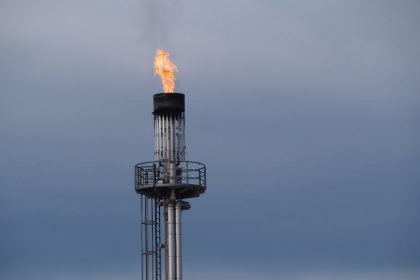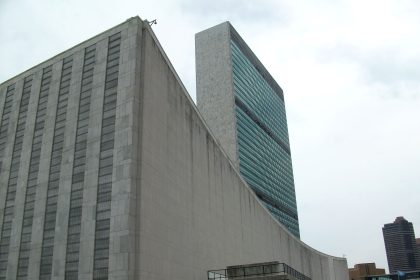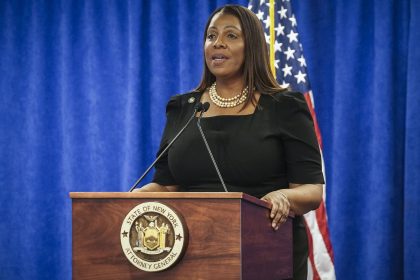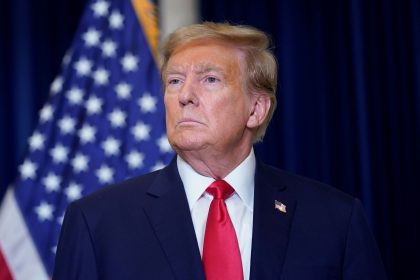Reporters and Lawyers Sue CIA After Interviewing Wikileaks Founder
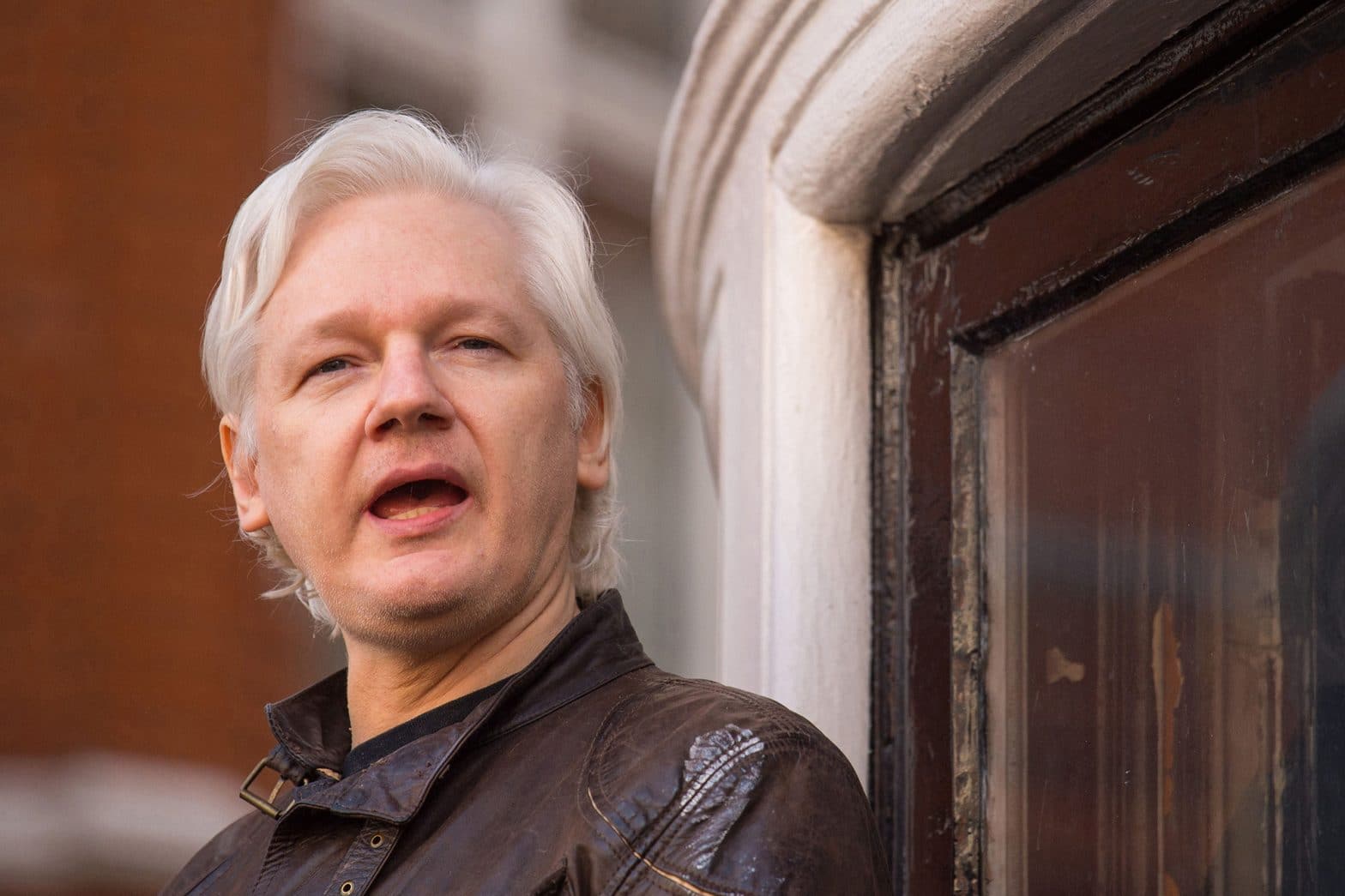
NEW YORK — American lawyers and journalists who visited WikiLeaks founder Julian Assange at the Ecuadorian embassy in London are suing the Central Intelligence Agency for what they call “an extraordinary campaign of illegal spying” against them.
They said in their lawsuit filed in New York last week that they were required to turn over their electronic devices to a private security firm at the embassy before visiting Assange. The firm then copied data on the devices and turned it over to the CIA, the lawsuit says.
They claim a violation of their Fourth Amendment rights to privacy. The Fourth Amendment says an American has “a right to be secure from all unreasonable searches and seizures of his person, his houses, his papers and all his possessions.”
Assange is an Australian publisher and activist who in 2006 founded WikiLeaks, which publishes leaked classified information from governments worldwide.
WikiLeaks gained international attention in 2010 when it published military information from U.S. Army intelligence analyst Chelsea Manning. It included clandestine video about an American airstrike that killed civilians in Baghdad and information about military strategy in Iraq and Afghanistan.
Afterwards, the U.S. Justice Department launched an investigation into WikiLeaks that led to espionage charges against Assange. Free speech advocates have defended him by arguing his publications were protected as free speech.
He has been fighting extradition to the United States since the Justice Department filed the criminal charges. He faces as much as 175 years in prison on 18 charges.
He was granted refuge in the Ecuadorian embassy in London from 2012 to 2019. Since 2019, he has been confined at a prison in London while he appeals to avoid U.S. extradition.
The lawsuit pending in federal court in New York was filed by civil rights attorney Margaret Ratner Kunstler, media lawyer Deborah Hrbek and national security journalists Charles Glass and John Goetz. Kunstler and Hrbek have represented Assange.
“Similarly, British and [European Union] attorneys’ conversations with Assange were targeted and recorded, and the substance of those conversations — which necessarily included private strategy and decisions relating to the defense — are now in the hands of the same U.S. government who is seeking Assange’s extradition,” the plaintiffs said in a statement.
They allege that more than 100 American visitors were subjected to surveillance by the Spanish firm Undercover Global, which had a contract with the Ecuadorian embassy to provide security.
The lawsuit also accuses Undercover Global of placing microphones around the embassy, then sending the CIA the recordings and footage from security cameras.
“Defendant [former CIA Director Mike] Pompeo was aware of and approved the copying of information contained on plaintiffs’ mobile electronic devices and the surreptitious audio monitoring of their meetings with Assange,” the lawsuit says.
The alleged surveillance of embassy visitors was revealed by Spanish newspaper El País in September 2019. The report said Undercover Global and its chief executive were under criminal investigation.
Information from the firm’s surveillance at the embassy was sealed by a court until it was revealed by El País.
“The United States Constitution shields American citizens from U.S. government overreach even when the activities take place in a foreign embassy in a foreign country,” Richard Roth, the lead attorney for the plaintiffs, said in a statement.
Federal law prohibits the CIA from collecting private information on U.S. citizens, although some lawmakers say the agency keeps secret files on Americans it considers a threat to national security.
The lawyers and journalists who visited Assange deny they were trying to threaten U.S. national security.
“They had a reasonable expectation that the security guards at the Ecuadorian embassy in London would not be U.S. government spies charged with delivering copies of their electronics to the CIA,” Roth said.
The CIA has so far declined to comment on the lawsuit.
Assange’s wife, Stella Moris Assange, said in a statement, “Julian’s young boys miss their father. Not in my worst nightmares could I have ever envisioned the ferocity of attacks against Julian and the entitled arrogance and ‘above the law’ actions that are being carried out against my husband.”
The case is Margaret Ratner Kunstler et al. v. Central Intelligence Agency et al., case number 1:22-cv-06913, in U.S. District court for the Southern District of New York.
Tom can be reached at [email protected] and @TomRamstack

















